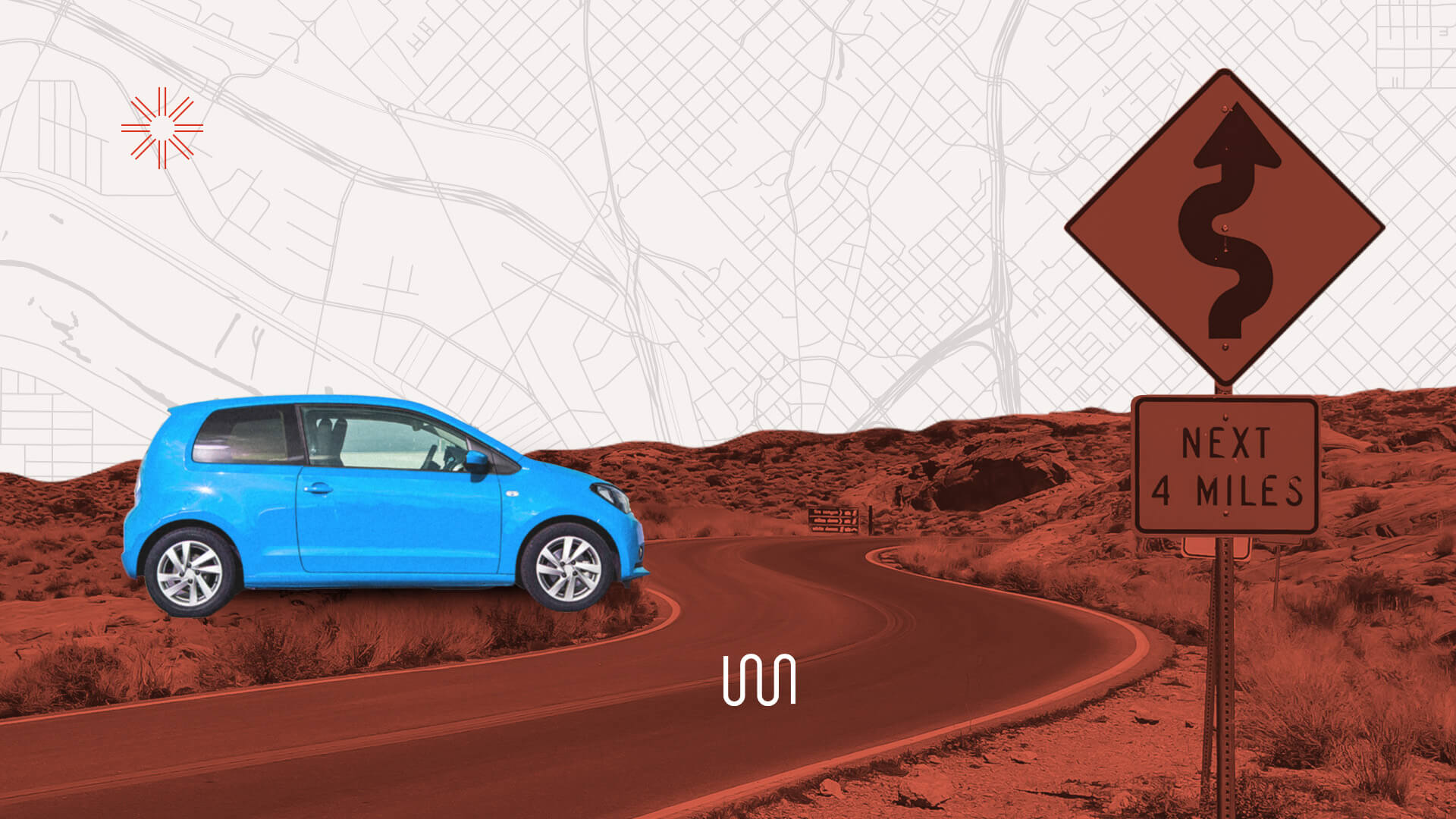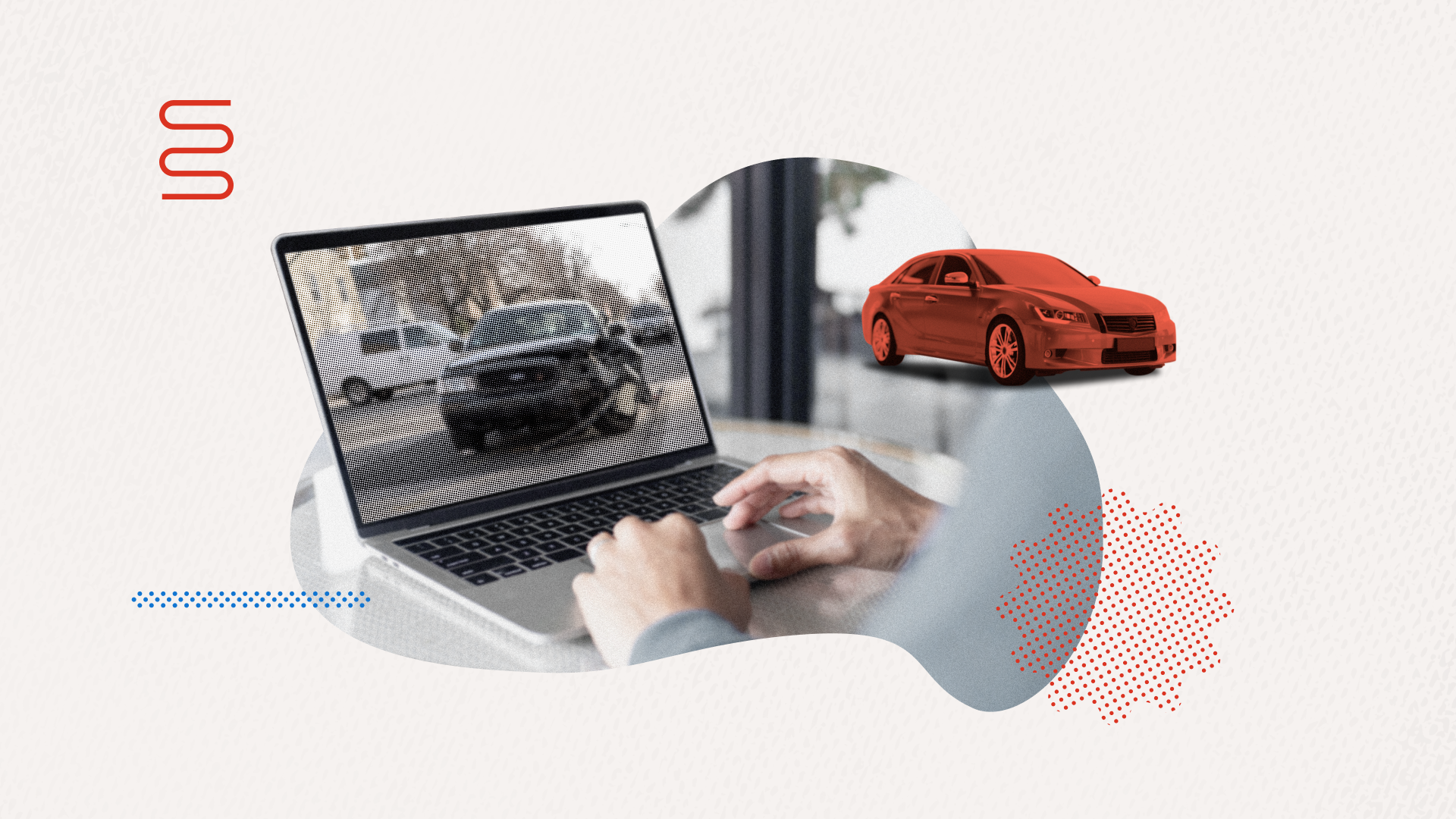
The scenarios are no longer hypothetical. In today’s car rental market, a renter has two main options: They can head directly to a car rental provider and work with a customer service rep to rent a car. Renters must provide proof of license, opt into or out of insurance, and assume risks and liabilities for accidents or damages — all of which require a lot of paperwork, verification, and signatures and traditionally must be completed in-person to ensure thorough, consistent documentation. Or, through one of many platforms, apps, or other connected car rental experiences, a renter can select exactly the car they need right from their smartphone, verify their identity and credentials online, and be on their way in no time.
For many consumers, the choice is simple — they have less and less patience for clunky, time-consuming interactions. They want their car rental experience to match the digital experiences they’ve come to expect in their everyday lives.
Here are four things car rental services can provide to wow customers and generate more revenue.
Better digital experiences
While it may take legacy car rental companies a bit longer to embrace a fully-digital customer experience, making small improvements to the digital experience can go a long way to win over new customers.
Some rental companies offer subscription-based models that offer special perks and discounts for loyal and recurring renters, including car model selection, flexible scheduling, cancellations, drop-off locations, and free roadside services in case of emergency. And while the initial rental may still need to happen in-person, investments in mobile apps are making it easier to manage reservations or preferred customer perks on the go.
Innovative partnerships and reward programs
Similar to Lyft’s partnership with Delta, where riders can earn SkyMiles for every ride and double points to the airport to take a Delta flight, some car rental companies are embracing partnerships and reward programs to incentivize customers. Think of the last time you searched for a flight or hotel on sites like Expedia. There was likely an option to search for a rental car in the same experience and bundle that rental with your other travel bookings for a lower price.
This reveals a simple truth: the key to earning more car rental customers and revenue is to think critically about your customers’ travel habits and experiences. Where are they running into annoying frustrations or roadblocks? Where and how can you speed up the process? How can you match the experience of many consumer apps while still adhering to legal requirements and regulations?
Flexible platforms and shareable assets
The sharing economy has paved the way for many of the most innovative companies of the last decade — think Uber, Lyft, WeWork, Airbnb, and others. They all rely and thrive on shared or collective assets and platforms with incredible customer experiences. According to data from Frost & Sullivan, the number of vehicles connected to mobility platforms like Turo, Getaround, Zipcar, and more is estimated to surpass 12 million by 2025, and users will exceed 40 million globally.
People don’t just want a frictionless and contactless rental experience — they’re demanding it. And regardless of the service provided, having a digital platform in addition to a physical check-in location goes a long way to meet the digital expectations of today’s consumers.
Connected experiences
Emerging technologies like eSignatures, online notarization, document scanner apps, and remote entry keypads have made it possible to provide a seamless end-to-end rental experience — all in a single app or platform. In many cases, you can communicate, access the car through a lockbox, and return it to the rental location without having to interface with a sales representative.
Many rental car companies also equip their fleets with vehicles with technology that monitors fuel consumption, mileage, location, and diagnostic tools to keep customers safe and connected throughout their rental experience.
Digitization is here to stay in the car rental industry, and many innovations made to keep pace are all about shifting control from the rental company to the consumer. Companies should embrace these innovations to create more connected customer experiences that win over more drivers — and ultimately generate more revenue.




